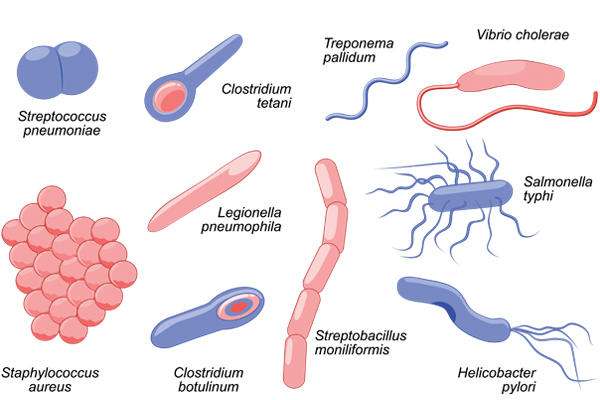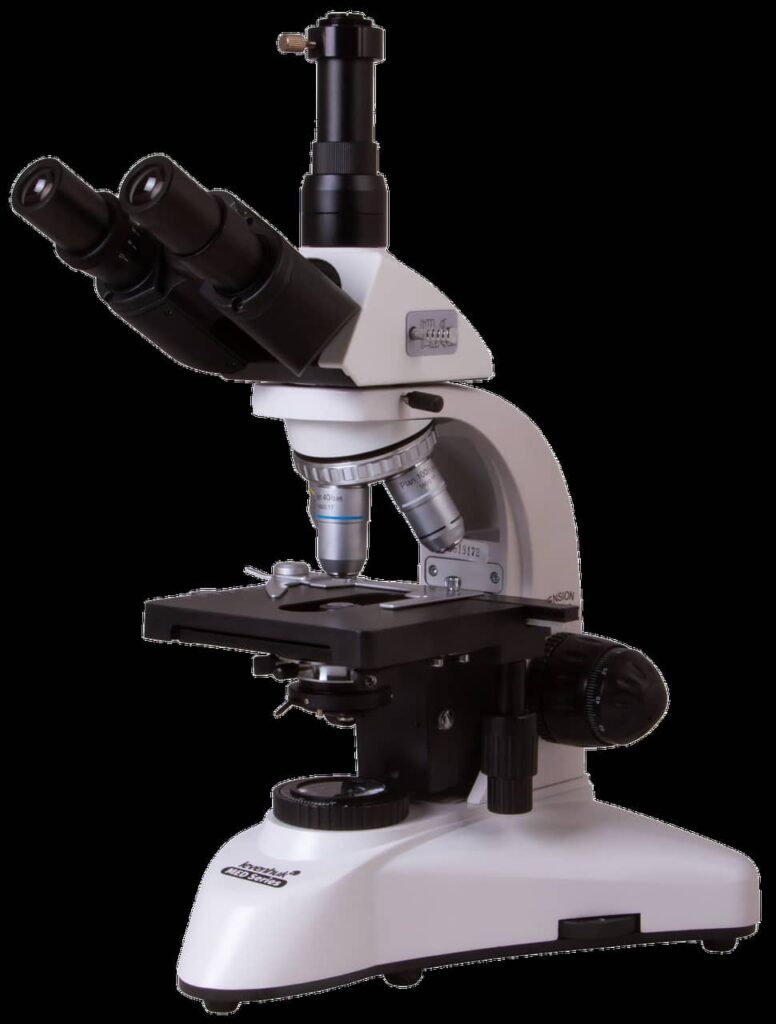Microbiology, the study of microscopic organisms, holds a captivating allure for scientists and enthusiasts alike, offering a window into a realm teeming with diverse life forms invisible to the naked eye. From the pioneering observations of Antony van Leeuwenhoek to modern-day breakthroughs in genetic engineering and biotechnology, microbiology has played a pivotal role in shaping our understanding of the natural world and driving innovations in medicine, agriculture, and environmental science.
In this article, we embark on a journey into the fascinating field of microbiology, exploring its foundational principles, diverse sub-disciplines, and the essential skills and strategies needed to navigate this dynamic and ever-evolving scientific landscape. Whether you’re a student embarking on your academic journey or a curious enthusiast seeking to delve deeper into the microbial universe, join us as we unravel the mysteries of microbiology and celebrate the profound impact of these invisible organisms on our lives and planet.
How to Study Microbiology?

Studying microbiology can be a fascinating and rewarding journey. Here’s a guide on how to approach studying microbiology effectively:
- Understand the Basics of Biology: Before diving into microbiology, it’s essential to have a solid foundation in basic biology concepts such as cell structure and function, genetics, metabolism, and ecology. Many microbiology topics build upon these fundamental principles;
- Familiarize Yourself with Microscopy: Since microbiology deals with the study of microorganisms that are too small to be seen with the naked eye, it’s crucial to understand how microscopes work and how to use them effectively. Practice preparing samples and observing them under a microscope to develop your microscopy skills;
- Utilize Resources: Take advantage of textbooks, online courses, academic journals, and reputable websites to gain knowledge about microbiology. Look for resources that cover various topics, including microbial diversity, microbial physiology, immunology, microbial genetics, and microbial ecology;
- Engage in Hands-on Learning: Supplement your theoretical knowledge with hands-on laboratory experience. Participate in microbiology laboratory courses or internships where you can conduct experiments, cultivate microorganisms, and perform various techniques such as staining, culturing, and microscopy;
- Stay Organized and Take Notes: Microbiology involves learning a vast amount of information about different microorganisms, their characteristics, and their roles in various processes. Keep organized notes, diagrams, and summaries to help you review and reinforce key concepts;
- Practice Active Learning: Instead of passively reading or listening to lectures, actively engage with the material. Ask questions, participate in discussions, solve problems, and apply concepts to real-world scenarios. Interactive learning activities can help you retain information better and develop a deeper understanding of microbiology;
- Use Mnemonics and Visual Aids: Microbiology often involves memorizing complex scientific names, classifications, and pathways. Mnemonics, acronyms, and visual aids such as diagrams, flowcharts, and flashcards can be helpful tools for memorization and understanding;
- Stay Updated with Current Research: Microbiology is a rapidly evolving field with new discoveries and advancements occurring frequently. Stay updated with the latest research findings by reading scientific journals, attending conferences, and following reputable microbiology news sources;
- Collaborate and Seek Guidance: Don’t hesitate to collaborate with peers, join study groups, or seek guidance from professors, mentors, or professionals in the field. Discussing concepts, sharing resources, and receiving feedback can enhance your learning experience;
- Apply Knowledge in Practical Settings: Look for opportunities to apply your microbiology knowledge in practical settings, such as research projects, internships, or volunteer work in laboratories, healthcare facilities, environmental agencies, or biotechnology companies. Practical experience can deepen your understanding and help you develop valuable skills for future endeavors in microbiology.
Remember that studying microbiology requires patience, dedication, and a genuine interest in the microbial world. By adopting effective study strategies and actively engaging with the material, you can develop a strong foundation in microbiology and embark on a fulfilling journey of scientific exploration.
Antony van Leeuwenhoek Legacy: A Microscopic Pioneer in Microbiology

Antony van Leeuwenhoek, a Dutch scientist born in 1632, is often regarded as the “Father of Microbiology” due to his pioneering work in microscopy. His legacy is profound and multifaceted, spanning across several fields:

Advancement of Microscopy: Leeuwenhoek’s most significant contribution lies in
his development and refinement of the microscope. He constructed over 500 microscopes, achieving unparalleled levels of magnification for his time, allowing him to observe and document microscopic organisms and structures that were previously unknown to science.
- Discovery of Microorganisms: Using his powerful microscopes, Leeuwenhoek made numerous groundbreaking discoveries, including the first observations of bacteria, protozoa, sperm cells, and blood cells. His meticulous observations opened up an entirely new world of microscopic life, challenging prevailing beliefs about the nature of living organisms;
- Foundation of Microbiology: Leeuwenhoek’s work laid the foundation for the field of microbiology, revolutionizing our understanding of the microbial world and its significance in health, disease, and the environment. His discoveries paved the way for further research in microbiology, leading to significant advancements in medicine, biotechnology, and various other disciplines;
- Scientific Methodology: Leeuwenhoek’s meticulous approach to observation and documentation set a high standard for scientific inquiry. His detailed letters to the Royal Society of London, where he described his findings, demonstrated the importance of rigorous experimentation, accurate record-keeping, and peer review in scientific research;
- Impact on Medicine and Public Health: Leeuwenhoek’s discoveries had profound implications for medicine and public health. By elucidating the existence and role of microorganisms, he contributed to the understanding of infectious diseases and the development of strategies for their prevention and treatment;
- Inspiration for Future Scientists: Leeuwenhoek’s curiosity, ingenuity, and perseverance serve as an inspiration to countless scientists who have followed in his footsteps. His pioneering spirit and dedication to scientific exploration continue to inspire researchers across diverse fields to push the boundaries of knowledge and make transformative discoveries.
Overall, Antony van Leeuwenhoek’s legacy endures as a testament to the power of curiosity, observation, and experimentation in advancing our understanding of the natural world. His contributions continue to shape modern science and inspire generations of scientists to explore the mysteries of life at the microscopic level.
Conclusion
Studying microbiology offers a fascinating journey into the unseen world of microorganisms and their profound impact on life and the environment. By embracing fundamental biological principles, honing microscopy skills, and utilizing a variety of resources, aspiring microbiologists can develop a deep understanding of microbial diversity, physiology, genetics, and ecology.
Hands-on laboratory experience, active learning strategies, and staying updated with current research are essential components of a comprehensive microbiology education. Ultimately, a passion for discovery, curiosity, and a commitment to lifelong learning are key ingredients for success in the field of microbiology. As we continue to unravel the mysteries of the microbial world, the study of microbiology remains as vibrant and relevant as ever, offering endless opportunities for exploration, innovation, and scientific advancement.